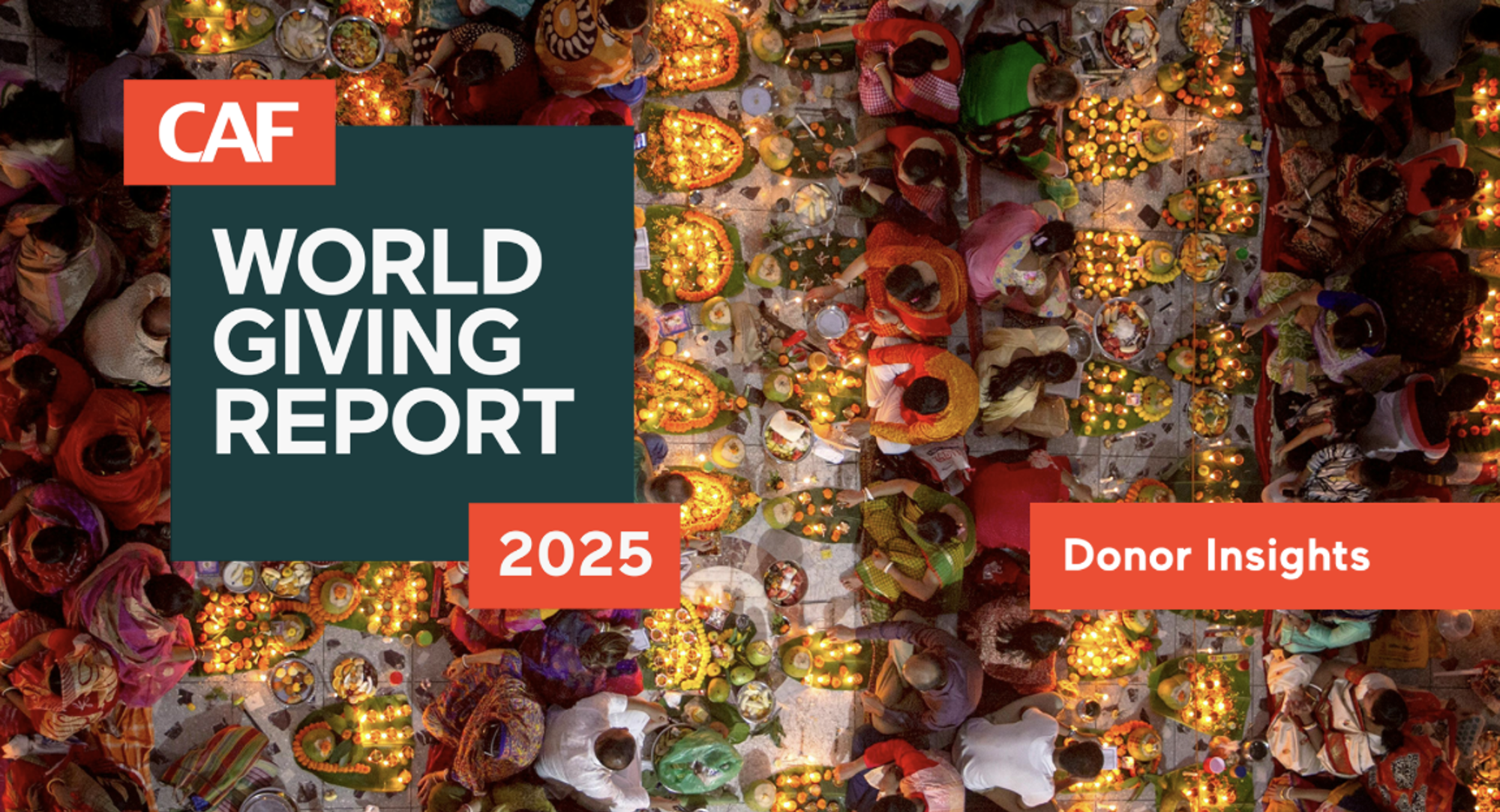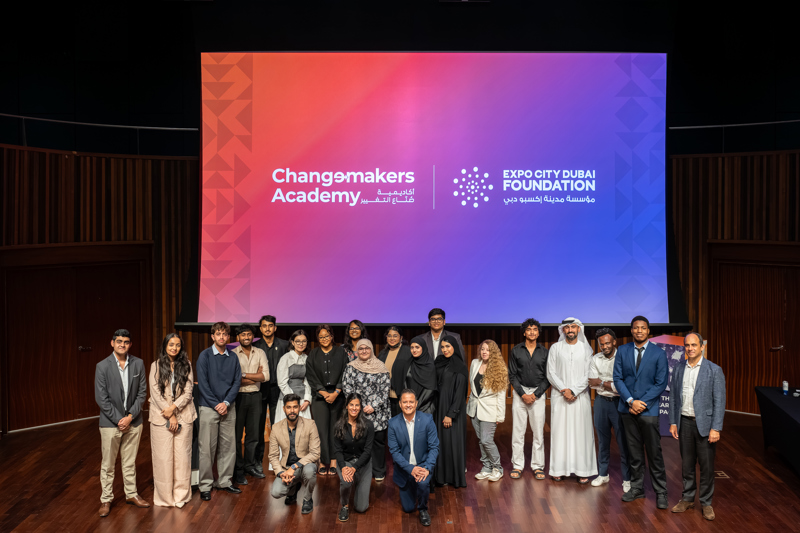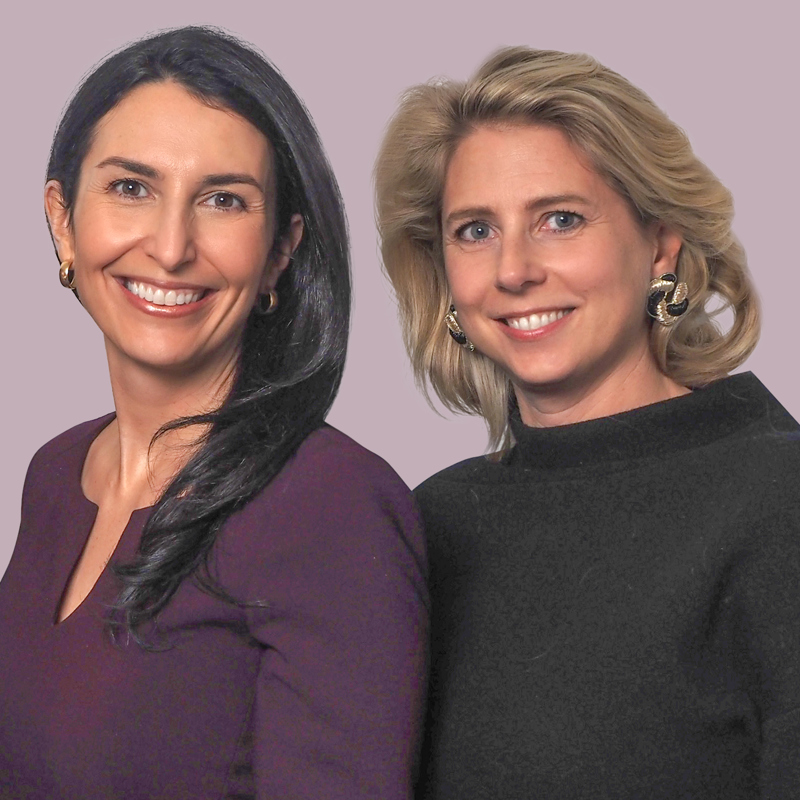Nigeria has been named the most generous country in the world, according to a new study but Egypt, the UAE, and Qatar, all made the top ten of the 2025 World Giving Report, which found in Asia as a whole, people donated an average of 1.28 percent of their income, well above the global rate of 1.04 percent.
The research by the Charities Aid Foundation (CAF) is based on interviews with more than 50,000 people across 101 countries, measuring three types of giving: donations to charity, help to strangers in need (excluding friends and family), and religious giving such as Zakat.
Notably, people in low-income countries were twice as generous as those in high-income nations. However, Qatar and the UAE, bucked this trend, both contributing close to 2 percent of their income, and in Saudi, respondents also contributed well above the global average.
Globally, the top five causes supported by the surveyed donors were children and young people, poverty relief, religious causes, humanitarian aid, and older people.
One in four (26 percent) donors supported humanitarian aid and disaster relief efforts and people in Asia (16 percent) were the most likely to support environmental causes, perhaps due to the very real effects of climate change being experienced in many parts of the region.
When it comes to donating overseas, the UAE and Saudi Arabia stand out as global leaders. Nearly one-third of respondents in both countries reported giving to causes beyond their borders — a figure far above the global average.
This trend reflects not only a strong culture of generosity but also the significant presence of overseas and diaspora workers in both nations, many of whom send remittances or support charitable efforts in their home countries.
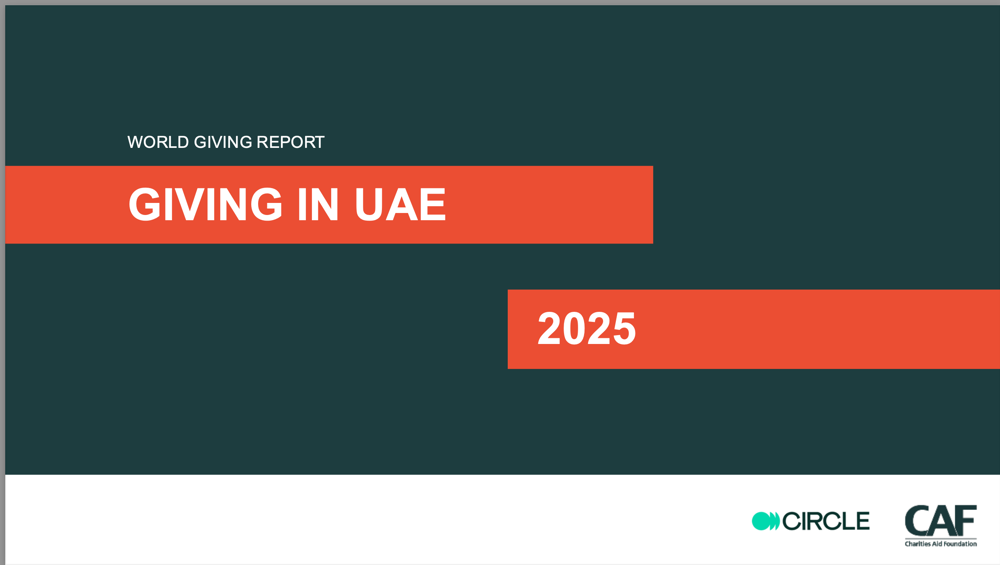
Read more about what motivates people in the UAE to give to charity. Download the full report here.
“These are valuable insights for charities on how to better connect with donors.”
Ashling Cashmore, head of Impact and Advisory, CAF
The World Giving Report (Donor Insights) also explores motivations and drivers for giving. Two thirds of people donated to make a difference to a cause they care about, while nearly a fifth were inspired by something they saw on the news.
Social media was the top way people discover new charities (14 percent), highlighting its importance as a tool for fundraising and awareness, but word of mouth was also key and cited by 10 percent of respondents as a source of information on charities.
At a time when charities around the world are struggling with funding, nearly half of people said they would be more likely to donate if they had more money themselves (45 percent), if they knew more about how their money would be spent (36 percent) and about the impact the charity might have (35 percent).
“Clarity and transparency about how donations are spent can provide confidence, alongside a clear narrative about how the support is helping to change lives,” explained Ashling Cashmore, CAF’s head of Impact and Advisory.
Globally, people tended to trust and value local charities the most, followed by national and then international charities. In Saudi Arabia, two thirds of respondents said local and regional charities are very trustworthy, and 70 percent say this of national charities.
Yet, when it comes to international NGOs (iNGOs), just one third of interviewees there felt they are very trustworthy, 12 percent regard them to be “not very trustworthy” and 3 percent “extremely untrustworthy.”
It was a similar picture in the UAE, where confidence in local and regional charities was higher than in international NGOs (iNGOs), with around 10 percent of respondents regarding iNGOs as not very or not at all trustworthy.
“These are valuable insights for charities on how to better connect with donors,” added Cashmore, who said good strategy was “vital for fostering trust, organisational resilience and ensuring impactful work in communities around the world.”
The study also looked at people’s perceptions of the role of government in the third sector. In Saudi Arabia, nearly nine out of 10 respondents in Saudi Arabia thought the Government was a very positive or positive influence on the charity sector.
This far exceeds the regional average of 50 percent and the global benchmark of 36 percent and is a clear demonstration of the work of the National Center for the Development of the Non-Profit Sector (NCNP), a government-led entity created in 2019 to support charities and help Saudi Arabia achieve a target of nonprofits delivering 5 percent of national GDP by 2030.
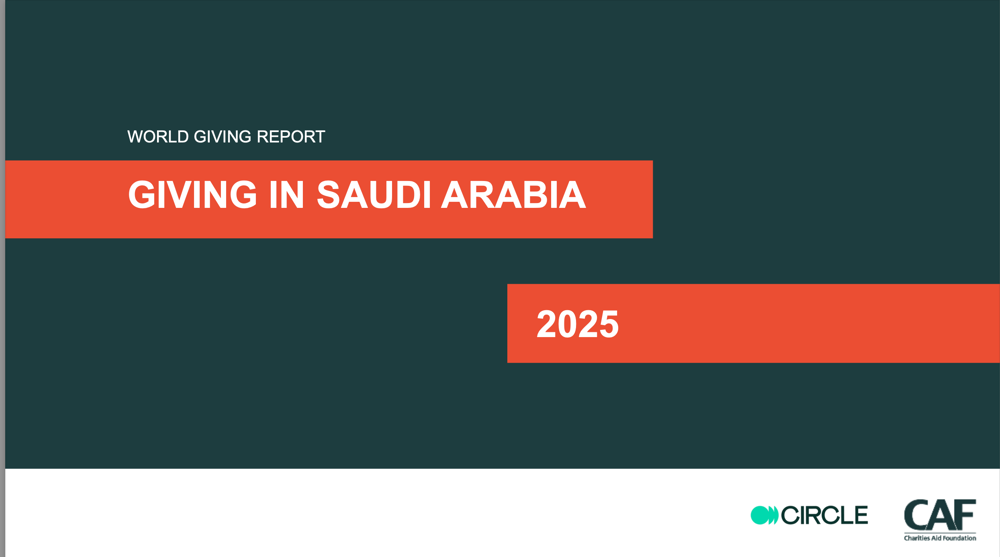
Read more about generosity and motivations for giving in Saudi Arabia here.
About the research
The World Giving Report 2025 - Donor Insights is a global initiative led by the Charities Aid Foundation to survey over 55,000 people across 101 countries.
It was born out of the World Giving Index, which since 2009 has provided an annual snapshot of generosity around the world but digs deeper into the attitudes and behaviours of the public, exploring a range of measures that show generosity, such as donating money in charitable and religious ways and volunteering.
The aim of the study is to provide more nuanced insights to help understanding and prompt conversations, from policymakers to personal networks.
Data for the WGR was collected by Focaldata, which conducted nationally representative polls in 101 countries, capturing responses from over 50,000+ respondents. Circle supported CAF with the data analysis for the UAE and Saudi Arabia country reports and has also worked with CAF to produce its first World Giving Report - Charity Insights, which is due to be published in September 2025 at the UN General Assembly.
